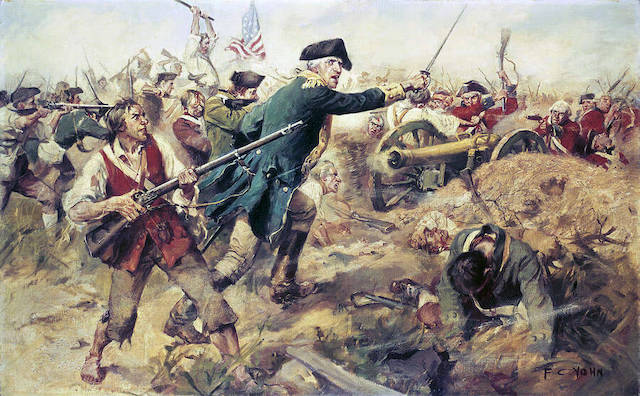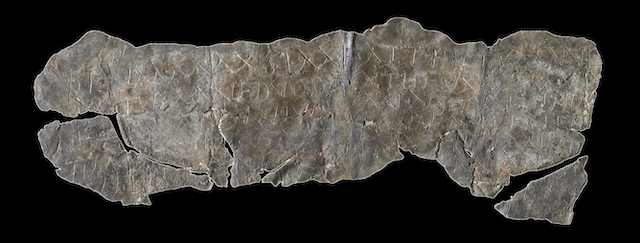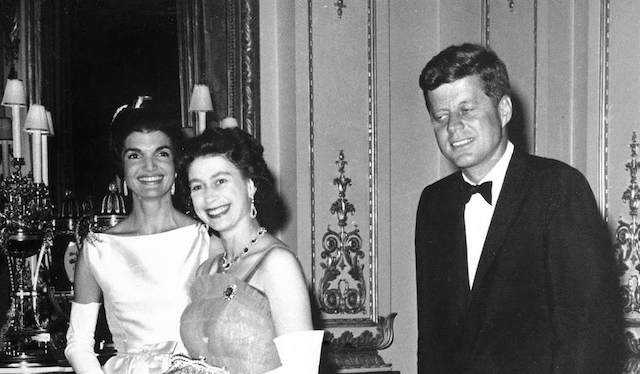 The days of New York City’s Tammany Hall and the Windy City’s “Chicago Machine” may be technically over, but that doesn’t mean Democrats have given up trying to rig and steal elections in a neverending power grab that would make Mayor Daley blush. Not by a long shot. In fact, you can bet the farm that virtually any cockamamie proposal put out there by anyone with a D beside their name is specifically designed to do one thing and one thing alone – get votes.
The days of New York City’s Tammany Hall and the Windy City’s “Chicago Machine” may be technically over, but that doesn’t mean Democrats have given up trying to rig and steal elections in a neverending power grab that would make Mayor Daley blush. Not by a long shot. In fact, you can bet the farm that virtually any cockamamie proposal put out there by anyone with a D beside their name is specifically designed to do one thing and one thing alone – get votes.
Oh, I know they like to pretend they’re all about “virtue” and “values” and helping the “disenfranchised,” the downtrodden, and the disaffected, but these modern day Bolsheviks have “more power” scrubbed into their DNA, and it defines EVERYTHING they do. Continue reading

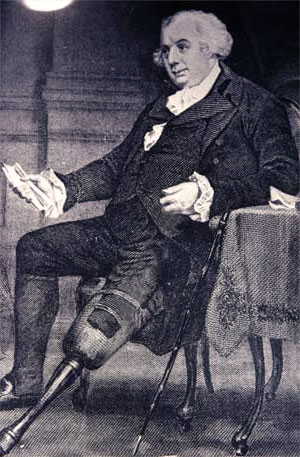
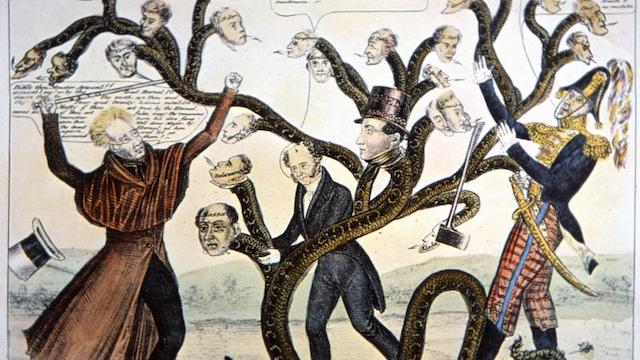
 In this speech, delivered in the depths of the Great Depression, presidential candidate Franklin Roosevelt sought to explain the dramatic ideological differences between himself and the Republican President Herbert Hoover, ‘the Great Engineer.’
In this speech, delivered in the depths of the Great Depression, presidential candidate Franklin Roosevelt sought to explain the dramatic ideological differences between himself and the Republican President Herbert Hoover, ‘the Great Engineer.’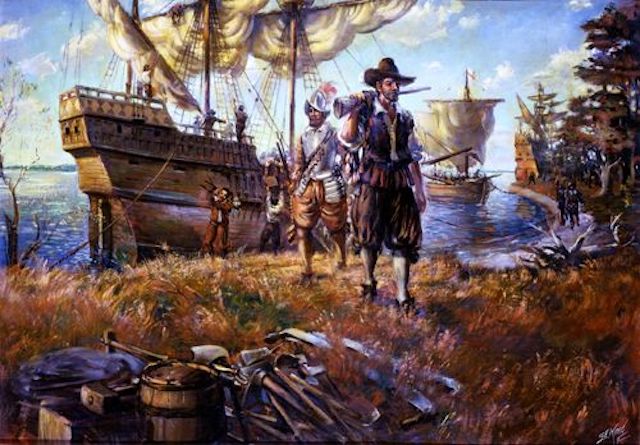
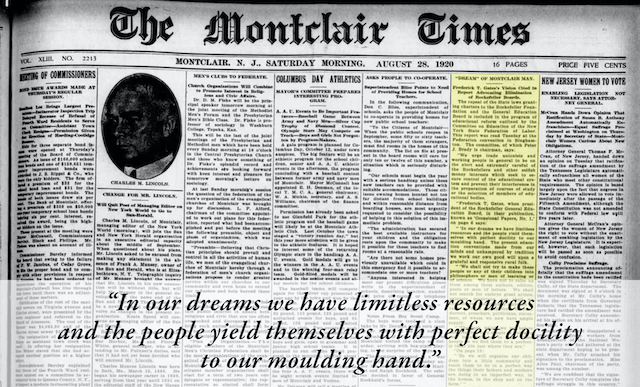 What follows is the transcript of the 1920 newspaper clipping. The actual clip is at the end.
What follows is the transcript of the 1920 newspaper clipping. The actual clip is at the end. 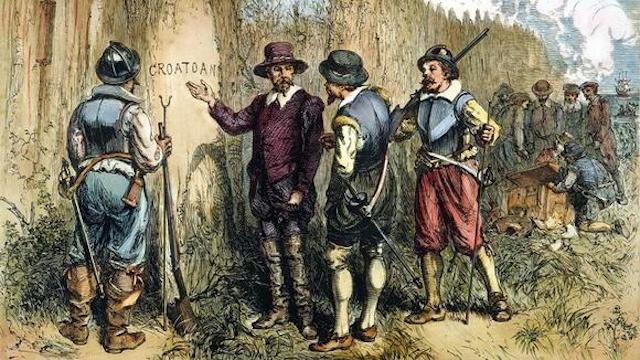 The story of the Roanoke Colony is one of the most enduring mysteries in American history. In the late 16th century, a group of English settlers established a colony on Roanoke Island, located off the coast of present-day North Carolina. However, when a supply ship returned to the colony in 1590, all its inhabitants had vanished without a trace. This puzzling event has captivated historians and researchers for centuries, with various theories and speculations attempting to unravel the fate of the lost Roanoke Colony.
The story of the Roanoke Colony is one of the most enduring mysteries in American history. In the late 16th century, a group of English settlers established a colony on Roanoke Island, located off the coast of present-day North Carolina. However, when a supply ship returned to the colony in 1590, all its inhabitants had vanished without a trace. This puzzling event has captivated historians and researchers for centuries, with various theories and speculations attempting to unravel the fate of the lost Roanoke Colony. 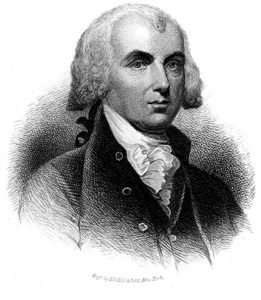
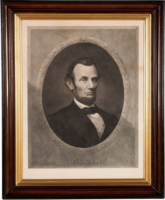
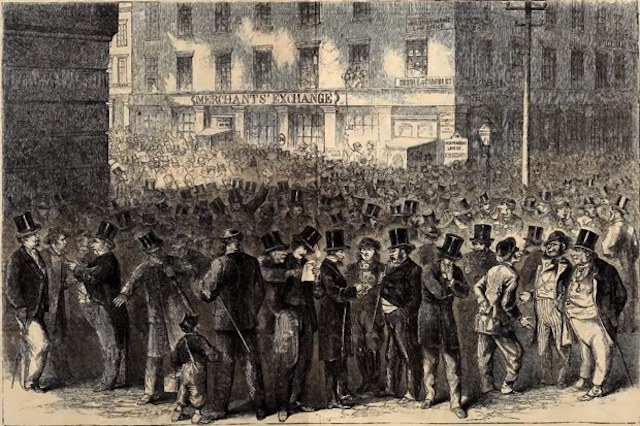
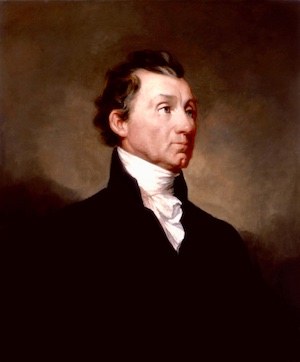
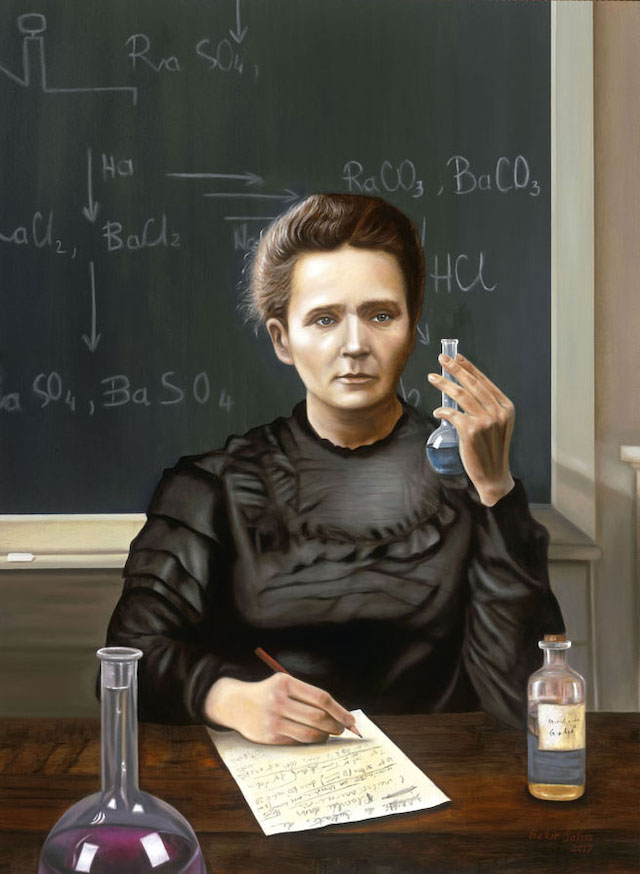 Considered to be one of the most famous 20th-century scientists, Marie Curie is the only person to win two Nobel prizes in two different fields. Defying the expectations for what a woman should be during her time, Curie paved the way for our understanding of radioactivity. She also discovered two new elements, but not without paying a horrific price…
Considered to be one of the most famous 20th-century scientists, Marie Curie is the only person to win two Nobel prizes in two different fields. Defying the expectations for what a woman should be during her time, Curie paved the way for our understanding of radioactivity. She also discovered two new elements, but not without paying a horrific price… 
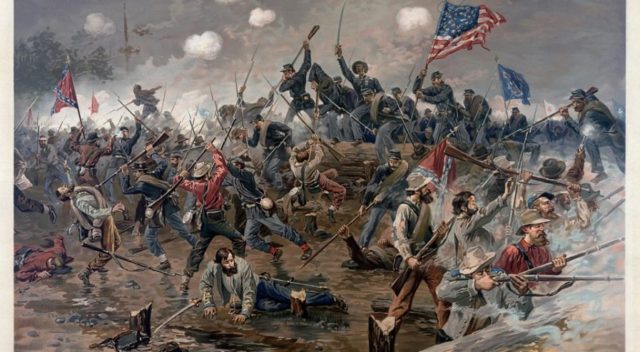 The War of Northern Aggression aka the Civil War had many reasons, economic (tariffs), constitutional (states rights), and even conspiratorial. There were certain people, both north and South of Mason-Dixon that had as their objective the destruction of the Constitutional Republic the Founders gave us. Abraham Lincoln was one of these. And the idea of a One World Government was not new, even in 1860.
The War of Northern Aggression aka the Civil War had many reasons, economic (tariffs), constitutional (states rights), and even conspiratorial. There were certain people, both north and South of Mason-Dixon that had as their objective the destruction of the Constitutional Republic the Founders gave us. Abraham Lincoln was one of these. And the idea of a One World Government was not new, even in 1860. 